
The polio vaccine (mOPV2) has arrived in Deir Ez-Zor governate, as health officials are working on the implementation of immunization campaigns to stop transmission.


The polio vaccine (mOPV2) has arrived in Deir Ez-Zor governate, as health officials are working on the implementation of immunization campaigns to stop transmission.

Outbreaks of measles have resulted in over 14,000 infections and the loss of 35 lives across Europe since January 2016.

Although the yellow fever outbreak that has affected several Latin American countries has eased since the end of summer, health officials say new cases are still springing up in some areas.

Researchers from the Maryland Department of Health and Mental Hygiene have found that pet owners are at increased risk of encountering ticks.

The results of a new study have revealed that that classic “beads on a string” model of the influenza A virus may not be entirely accurate.

A new study published by the Centers for Disease Control and Prevention indicates that patients receiving eculizumab can still contract meningitis, even if they have been vaccinated.

A new report from the National Center for Health Statistics has found that too many adults aged 65 and older are missing out on important vaccinations.

New research suggests that a vaccine designed to protect against meningitis may also protect against gonorrhea infections.
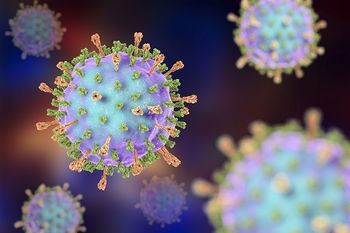
The Hawaii Department of Health continues to investigate the growing number of mumps infections in the state.

Researchers have developed an adhesive patch delivery method for the influenza vaccine and new study shows it is as effective as the flu shot.

Scientists from The Scripps Research Institute and the La Jolla Institute for Allergy and Immunology may have found the best delivery mode for a vaccine against HIV.

Measles in Ontario, more endoscope-related infections, a study of postnatal Zika infections, research and development on a river blindness vaccine, and using CRISPR to tackle Zika are the articles that make up this week’s Top 5.
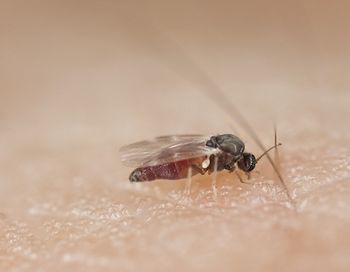
A team of researchers from several institutions have received a grant to fund the development of a vaccine for onchocerciasis, the second leading infectious cause of blindness.
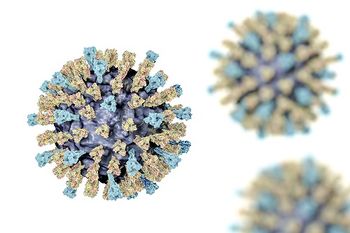
A new report on a measles outbreak that occurred in Ontario in 2015 emphasizes the importance of immunization in a globalized world.

Pleuromutilin antibiotics, meningococcal disease, tuberculosis, a new fluoroquinolone to treat acute bacterial skin and skin structure infections, and WHO’s position on HPV vaccine recommendations makes up this week’s Top 5 articles.

WHO releases recommendations regarding HPV vaccination as primary preventive intervention against cervical cancer.

The CDC examines the high incidence of meningococcal disease in the “meningitis belt,” found within sub-Saharan Africa, and the efforts of the Meningitis Vaccine Project to monitor the impact of a meningococcal A conjugate vaccine.

A research team headed by Carl D’Angio, MD, a physician in the Department of Pediatrics at the University of Rochester Medical Center in Rochester, New York, compare flu vaccine response in PT versus FT infants.

In case you missed them, here are our top 5 articles for the week of May 21, 2017.

The key to meeting the Joint United Nations Program on HIV and AIDS (UNAIDS) benchmark may be to combine discrete areas of research into a more cohesive strategy.

Patricia Smith, President of the Lyme disease Association Inc., discusses Lyme disease infection prevention.

While the 2016 Ebola outbreak in the Democratic Republic of Congo continues to unfold, researchers have identified the first natural human antibodies against all three major disease-causing ebolaviruses.
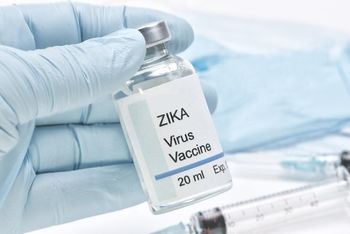
Researchers from Beaumont hospital have developed a Zika virus diagnostic test that yields quick results. In addition, a Zika vaccine may be coming our way, but perhaps not in the way we hoped.
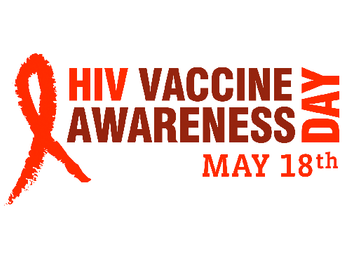
On HIV Vaccine Awareness Day, we reflect on the advancements made in the fight against HIV and the ongoing efforts to reach the collective goal of developing a safe, effective vaccine.

This week’s Public Health News Watch focuses on what’s potentially behind the recent outbreak of measles in a Somali community in Minnesota.